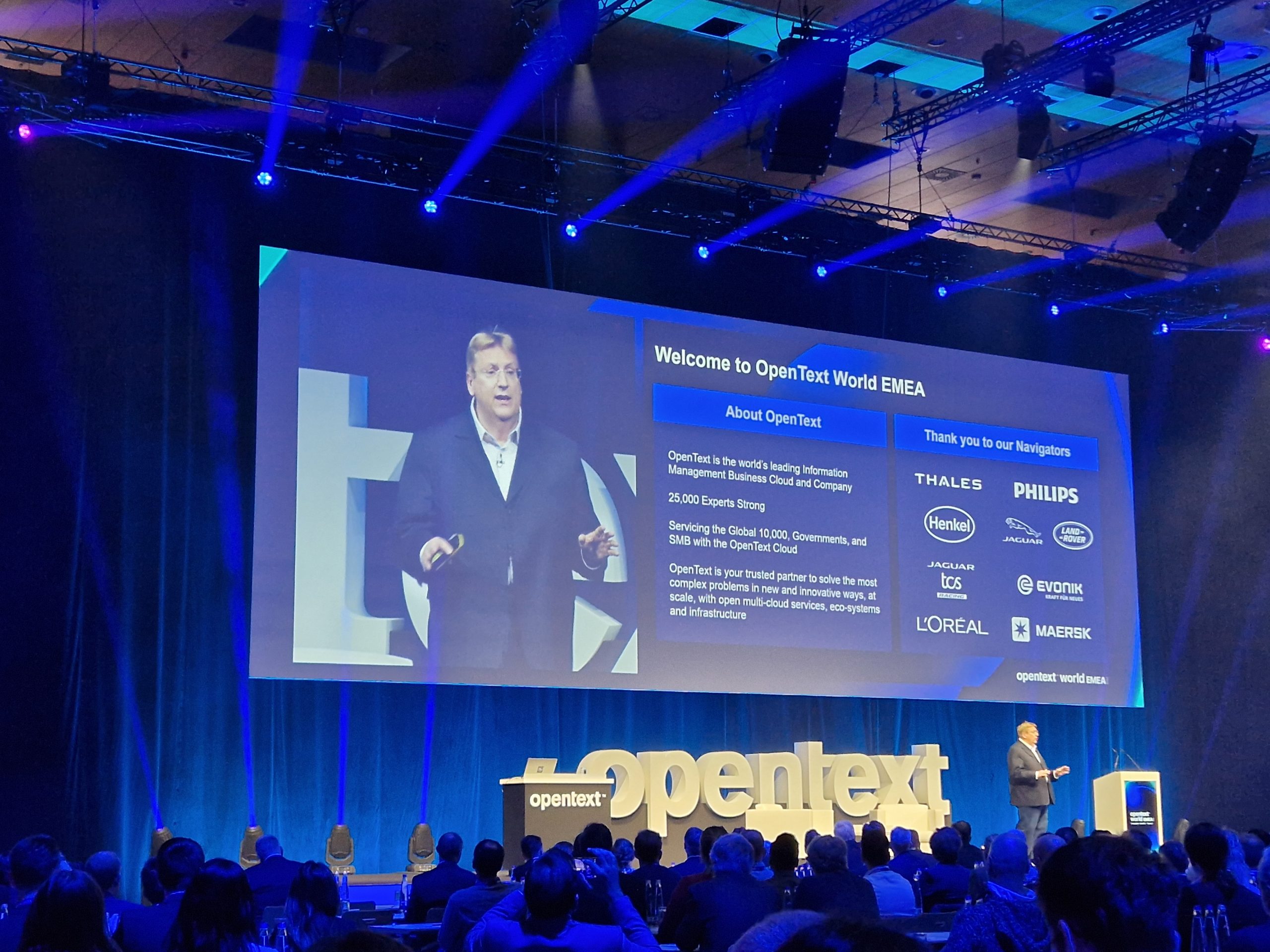You thought your invoice processing software was completely compliant? Then be sure to read on. Because the EU is introducing regulations that will make e-invoicing between businesses mandatory. What is the status of the “VAT in the Digital Age” action plan, and what does this mean for your company? And, more importantly, is your invoice processing software up to date?
Last March in Belgium, the European Public Prosecutor's Office arrested four suspects and conducted ten searches in an operation dubbed "Silk Road." A criminal network is alleged to have evaded at least 303 million euros in taxes through the port of Zeebrugge and the airport of Liège.
The suspicions included forgery, money laundering, and participation in a criminal organization. During the searches, over a thousand euros worth of electronic devices, four cars, and about ten bank accounts were also seized.
Belgian trade publication RetailDetail remarked about this case: “Interestingly, this is not a significant drug bust but rather involves e-commerce traders from China.”
The scam worked like this: for years, Chinese exporters evaded Belgian import taxes by declaring that consumer products (such as electronic devices, toys, and accessories) were intended for other EU member states. This declaration exempted them from Belgian Value-Added Tax (VAT). A multitude of front companies in France, Germany, Hungary, Italy, Poland, and Spain facilitated this evasion, using false invoices and forged transport documents. At times, they even stole the identity of legitimate businesses without their knowledge.
What is “VAT in the Digital Age” (ViDA)?
News stories like this one underscore the scale of VAT fraud today, which is nothing less than organized crime, thereby increasing the financial burden for honest businesses and taxpayers. Sufficient reason for the European Commission to present a plan to combat this fraud.
On December 8, 2022, the European Commission presented VAT in the Digital Age (ViDA) as a series of measures to modernize the EU’s VAT system. The new system should work better for businesses and make them more resilient to fraud, by embracing and promoting digitalization. ViDA will be applicable to all enterprises engaging in the sale of goods or services within the European Union, regardless of whether they are based in an EU member state or elsewhere.
VAT in the Digital Age: timeline and key components
Published on December 8, 2022, the ViDA legislative proposal by the European Commission was initially intended for launch between 2024 and 2028. However, since there was no consensus, the implementation of ViDA is anticipated to be postponed. The measures are expected to take effect by January 1, 2025, at the earliest.
What do these measures entail, specifically? The ViDA proposal comprises three key components:
- Mandatory digital reporting
Businesses are mandated to report e-invoices within two days of issuance. While the European Standard for e-invoicing and e-reporting is encouraged by new e-invoicing mandates, the ViDA proposal grants Member States the option to adopt these standards.
The deadline for reporting intra-Community transactions, calculated based on the posting date rather than the issuance date, should be extended from 2 days to 10 days. Periodical EC Sales Listings will no longer be required. Notably, Member States have the flexibility to maintain their domestic e-reporting regimes, even if they deviate from the VAT in the Digital Age model.
For security and confidentiality reasons, the supplier's IBAN and the time of payment will not be included in the standard e-invoicing content.
- Deemed supplier rules for platforms
Changes regarding deemed supplier rules for platforms, are anticipated to take effect on January 1, 2026. Platforms facilitating supplies of goods in the European Union will be liable for all B2C and B2B supplies, regardless of the supplier's location. Platforms facilitating B2C distance sales of imported goods must report VAT through the Import One Stop Shop (IOSS).
Additionally, platforms facilitating short-term accommodation and transportation services will be responsible for reporting VAT and collecting and storing information for these services, even when the actual supplier is not liable for VAT. The latest ViDA proposal reduces the 45-day rental threshold for new deemed supplier obligations to 31 days.
- Single VAT registration
ViDA aims to reduce VAT compliance burdens by allowing businesses to register for VAT in a single Member State. Starting January 1, 2026, call-off stock simplification can no longer be applied. The One Stop Shop (OSS) scheme will be expanded to cover movements of own goods and all types of B2C sales, including cross-border sales of second-hand goods. Non-established companies will have the option to apply the local reverse charge, allowing them to register and account for local VAT if preferred.
The price of non-compliancy
We understand that our readers all work for reputable companies, but what happens if you unintentionally fail to adhere to the ViDA rules? There is still relatively little published on this matter, but, in case of non-compliancy, you should consider that you may be perceived as an organization circumventing tax laws. Depending on the country in question, this could result in different penalty regimes. In the Netherlands, for example, the most probable outcome will be a fine.
Also consider if – and how – your invoice processing software will handle the new rules. In the worst-case scenario, the current setup may no longer be compliant, exposing your organization to potential fines and reputational loss, and possibly necessitating a return to manual handling of certain processes. Time to take the first steps regarding ViDA!
Business rules for new regulations
Although the ViDA timeline remains uncertain, numerous EU Member States have already declared e-compliance obligations ahead of the anticipated ViDA rollout. Consequently, businesses should proactively assess their geographical footprint, identify locations where e-compliance implementations are underway, and scrutinize their invoicing processes accordingly.
The correct configuration of business rules is key. Based on these rules, the main business processes are translated into the software configuration, whether these processes relate to finance, operational procedures, customer relationships, or compliance with laws and regulations – such as ViDA.
When the business rules are correctly implemented in the software, a solution like OpenText's Vendor Invoice Management (VIM)takes much of the workload off your staff's hands. This state-of-the-art system features functionalities for archiving and managing invoices throughout the required retention periods. It also supports tax rules and rates in different jurisdictions; the software automatically calculates taxes based on the delivered goods or services and the location of the transaction. In other words, you will semi-automatically create an audit trail that will comply with ViDA.
A crucial factor for VIM success is partnering with a software vendor who has expertise in compliance with laws and regulations, as well as experience in meeting the specific requirements of their jurisdictions and industries. By configuring a solution like VIM correctly, including adherence to business rules, companies can ensure compliance with legislation and minimize the risk of fines and legal issues.
If you want to learn more about the possibilities innovative invoice processing software offers, check out our brand-new whitepaper detailing the latest developments. Download your copy here: Making automatic invoice processing even smarter. Zo wordt automatische factuurverwerking nóg slimmer.






